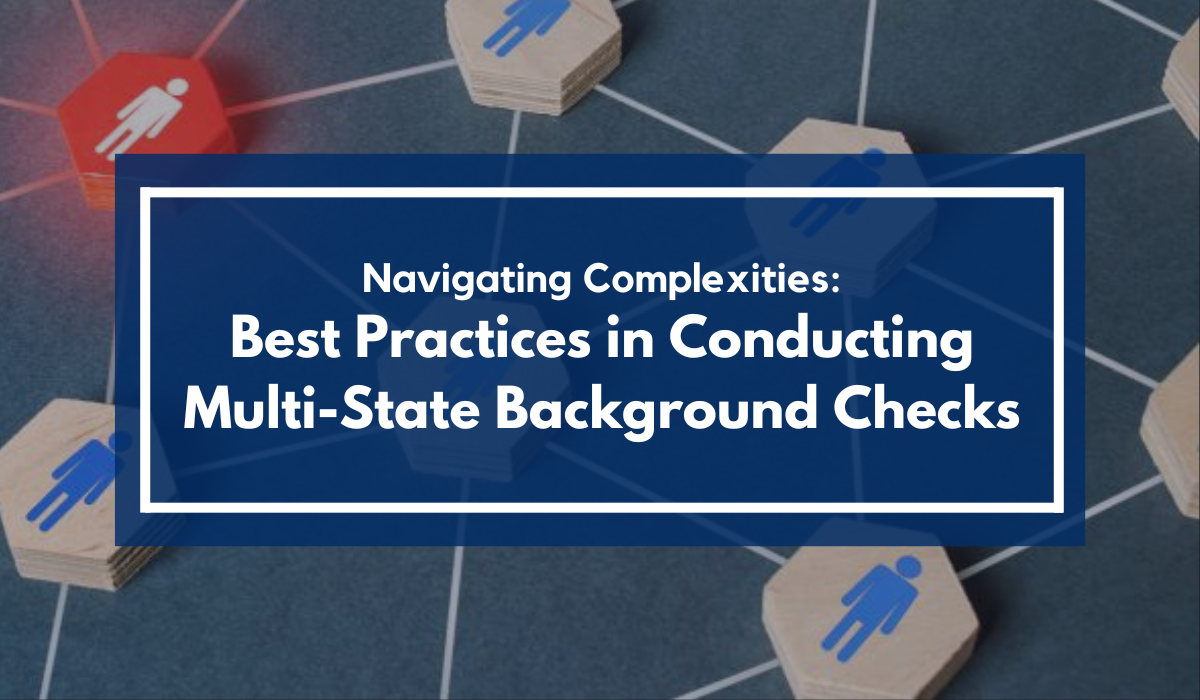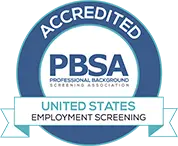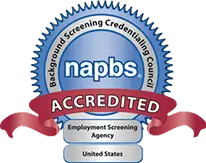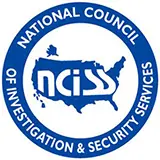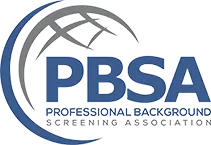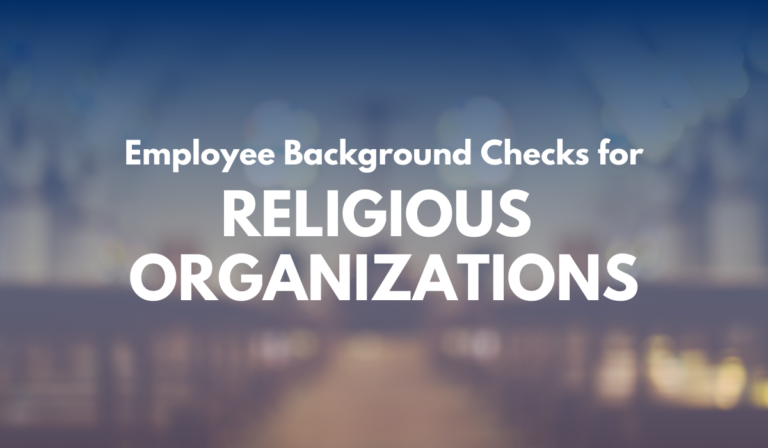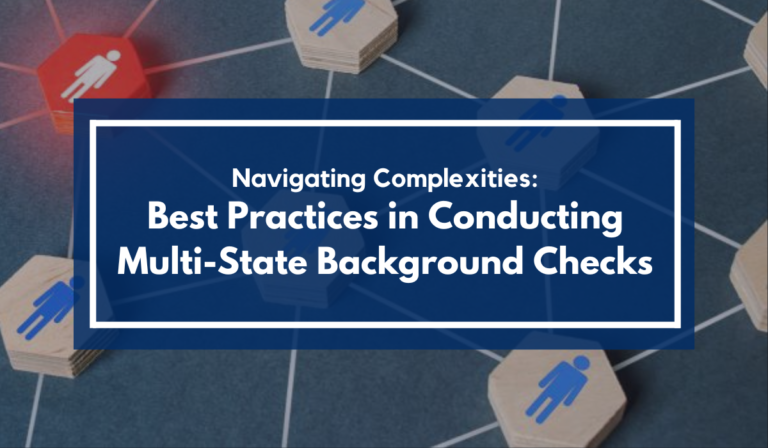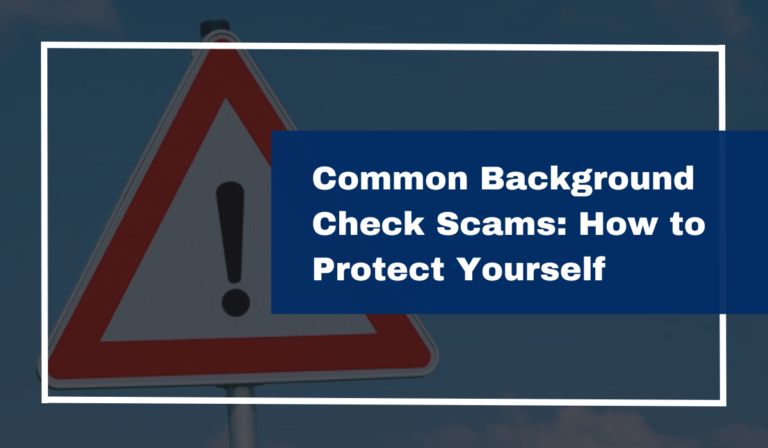Background Checks have become an increasingly important part of the world we live in today, but what happens when someone has lived in multiple states? How do you get the correct information about a person who hasn’t been in your area very long? This is where comprehensive multi-state background checks come into play.
Conducting multi-state background checks is a really thorough and nuanced process that requires a very deep understanding of legal considerations and factors, access to thorough and very diverse databases and a strategic approach to gaining strong accurate and relevant information. This document will seek to explore the complexities and best practices associated with conducting background checks that need to go through multiple states.
Understanding the Legal Landscape
Conducting background checks across multiple states involves navigating a complex legal landscape that varies from state to state. Each mode specific jurisdiction has its own preset of laws and regulations that is governing the use of background check information and specifications. It’s imperative to be aware of these legal nuances to ensure compliance and avoid legal repercussions. Key considerations include:
- Adherence to the Fair Credit Reporting Act (FCRA): The FCRA regulates the collection, dissemination, and use of consumer information, including background checks. Compliance with FCRA requirements is essential to avoid legal issues.
- State-specific Regulations: Many states have additional regulations that may impose restrictions on the use of certain types of information in background checks. Some states have “ban the box” laws, limiting the use of criminal history information in initial job applications.
- Consent and Authorization Requirements: Obtaining consent and authorization from the individual being screened is a fundamental aspect of conducting background checks. Ensure the more specific process complies with the both federal and state-specific requirements at which you are aiming for.
- Data Security and Privacy: Safeguarding the information collected during a background check is critical. Understanding the privacy laws in each state is essential to prevent breaches and maintain compliance.
Navigating the legal complexities requires staying informed about changes in legislation and consulting legal professionals specializing in background check laws. Failure to adhere to these laws can lead to legal consequences and damage the reputation of the organization or individual conducting the background check.
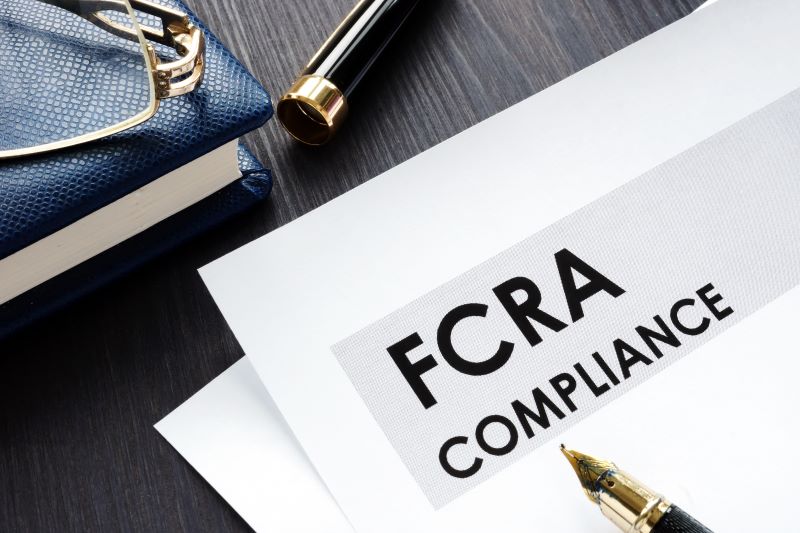
Utilizing Comprehensive Databases and Resources
A successful multi-state background check relies on access to a diverse range of databases and resources. Each state maintains its own repositories of information, and utilizing these resources effectively is crucial for obtaining accurate and up-to-date data. Key databases and resources include:
- State Criminal Records: Accessing the specific state criminal records is a massive part and component for uncovering information about an individual and the criminal history. Each state has its own repository of criminal records that can provide valuable insights.
- Sex Offender Registries: Sex offender registries are maintained at the state level, and checking these databases helps identify individuals with a history of sex-related offenses.
- Driving Records: For positions that involve driving responsibilities, checking the individual’s driving record in each state they have resided is crucial. This includes information about traffic violations, accidents, and license status.
- Professional Licensing Boards: Individuals in certain professions are required to obtain licenses from state boards. Checking these boards’ records can reveal any disciplinary actions or violations associated with the individual’s professional conduct.
- Civil Court Records: Civil court records can provide information about legal disputes, restraining orders, and other civil matters. Accessing these records in each relevant state can offer a comprehensive view of an individual’s legal history.
- Credit Reports: While governed by federal law, accessing credit reports may involve state-specific considerations. Understanding these nuances ensures compliance with both federal and state regulations.
- Educational and Employment Verification: Verifying an individual’s educational and employment history often requires reaching out to institutions and companies in different states. This ensures the accuracy of the information provided by the individual.

Ensuring Consistency and Accuracy
Maintaining consistency and accuracy throughout the multi-state background check process is paramount. Inconsistencies in information or inaccuracies can lead to misguided decisions and legal complications. Consider the following best practices:
- Standardized Processes: Implement standardized processes for conducting background checks across multiple states. This ensures uniformity and reduces the risk of overlooking critical information.
- Verification Protocols: Establish robust protocols for verifying information obtained from different sources. Cross-reference data to confirm its accuracy and legitimacy.
- Thorough Documentation: Keep detailed documentation of the steps taken during the background check process. This includes records of consent, communication with relevant authorities, and verification efforts.
- Regular Training and Updates: Stay informed about changes in laws, regulations, and best practices. Regularly train personnel involved in conducting background checks to ensure they are up to date with the latest requirements.
- Quality Assurance Checks: Implement quality assurance checks to review the accuracy and completeness of background check reports. This helps identify and address any discrepancies before the information is used for decision-making.
Ensuring consistency and accuracy not only enhances the reliability of background checks but also mitigates the risk of legal challenges and reputational damage.
Addressing Cross-Jurisdictional Challenges
Conducting multi-state background checks across introduces challenges associated with different jurisdictions and varying levels of data accessibility. Effectively addressing these challenges requires a strategic approach:
- Understanding Data Availability: Recognize that the availability of certain types of data may differ from state to state. Some states may have more restrictive access to certain information, necessitating alternative methods of verification.
- Engaging Local Resources: Establish partnerships with local investigators or resources in each state to navigate specific jurisdictional challenges. Local knowledge can be invaluable in obtaining accurate and relevant information.
- Utilizing Technology Solutions: Leverage advanced technology solutions that streamline the multi-state background check process. Many background check providers offer platforms that aggregate information from various sources, enhancing efficiency.
- Customizing Approaches for Each State: Acknowledge that a one-size-fits-all approach may not be effective. Customizing the background check process based on the specific legal and data landscape of each state ensures a tailored and accurate assessment.
- Adapting to Varying Turnaround Times: Different states may have varying turnaround times for providing requested information. Understanding and adapting to these variations is crucial for managing expectations and timelines.
Addressing the more cross-jurisdictional challenges really does require a combination of high-end legal expertise, major technological tools, and a reasonable flexible approach that acknowledges the more unique characteristics of each state and the intricacies that they all use on their own.

Maintaining Ethical Standards and Transparency
Ethical considerations are integral to the background check process, especially when spanning multiple states. Maintaining high ethical standards and transparency not only fosters trust but also ensures compliance with legal and industry norms.
- Ethical Conduct: Uphold ethical conduct throughout the background check process, ensuring fairness and respect for individuals’ privacy rights.
- Informed Consent: Obtain informed consent from individuals undergoing background checks, clearly explaining the purpose, scope, and potential impact of the investigation.
- Transparency with Findings: Communicate background check findings transparently and truthfully to the concerned parties, providing an opportunity for individuals to address any discrepancies.
- Data Security: Prioritize the security of collected information, implementing robust measures to safeguard sensitive data and prevent unauthorized access.
- Fair Use of Information: Adhere to the principle of fair use, utilizing background check information only for legitimate and lawful purposes as defined by applicable laws.
- Compliance with State Laws: Stay well-versed in the specific legal requirements of each state involved in the background check, ensuring full compliance with local regulations.
- Conflict of Interest Awareness: Mitigate any potential conflicts of interest by maintaining impartiality and avoiding actions that could compromise the integrity of the background check process.
Adhering to these ethical standards fosters a responsible and reliable approach to multi-state background checks, promoting trust and integrity in the process.
Navigating the complexities of conducting multi-state background checks demands a meticulous and strategic approach. The legal landscape poses a significant challenge, requiring a thorough understanding of federal regulations like the Fair Credit Reporting Act (FCRA) and state-specific laws governing background check information. Utilizing comprehensive databases, ensuring consistency and accuracy, and addressing cross-jurisdictional challenges are vital components of a successful multi-state background check process. To maintain more manageable types of moral standards and transparency, organizations must prioritize adherence to legal requirements, implement robust verification protocols, and stay abreast of evolving laws and best practices. By embracing these principles, individuals and organizations can conduct thorough, lawful, and transparent background checks across state lines, fostering trust and informed decision-making.
